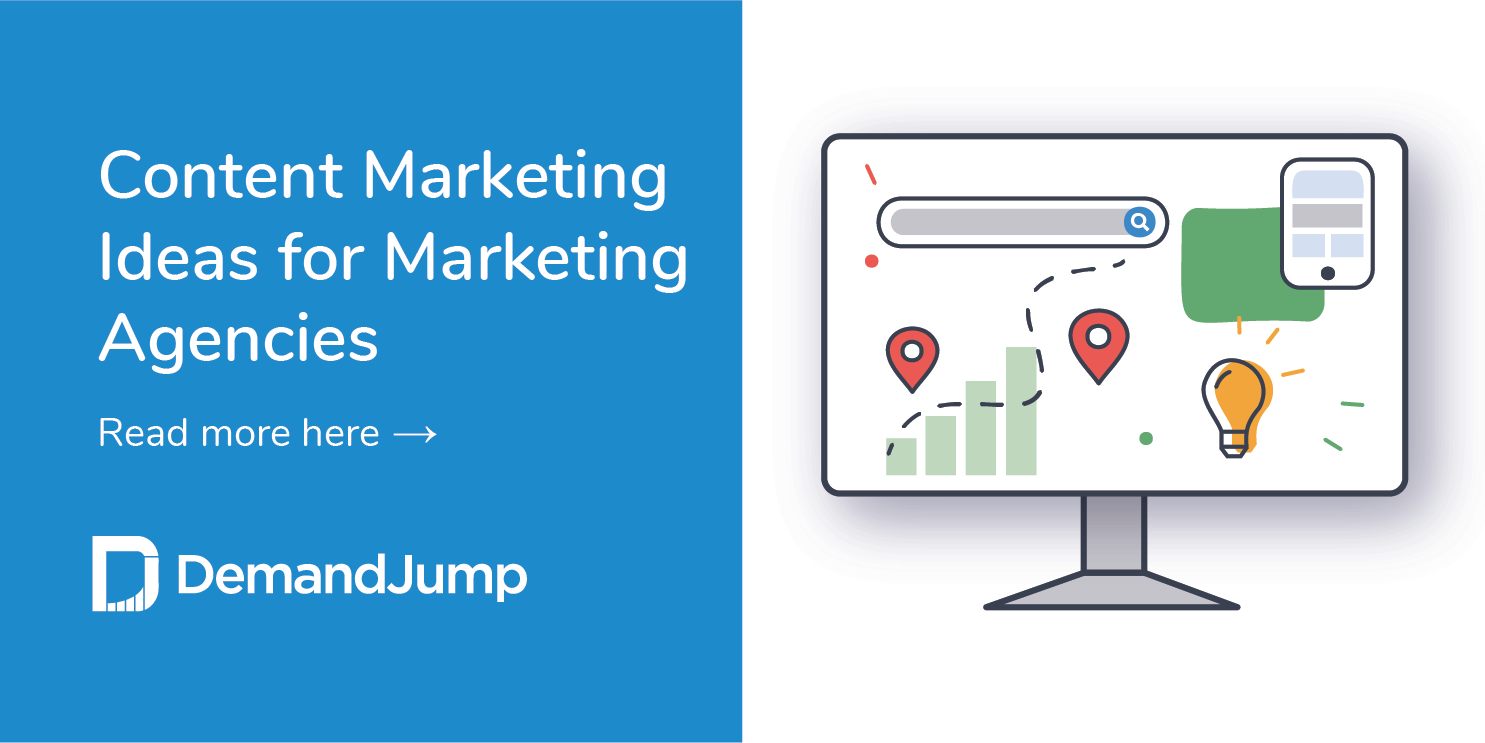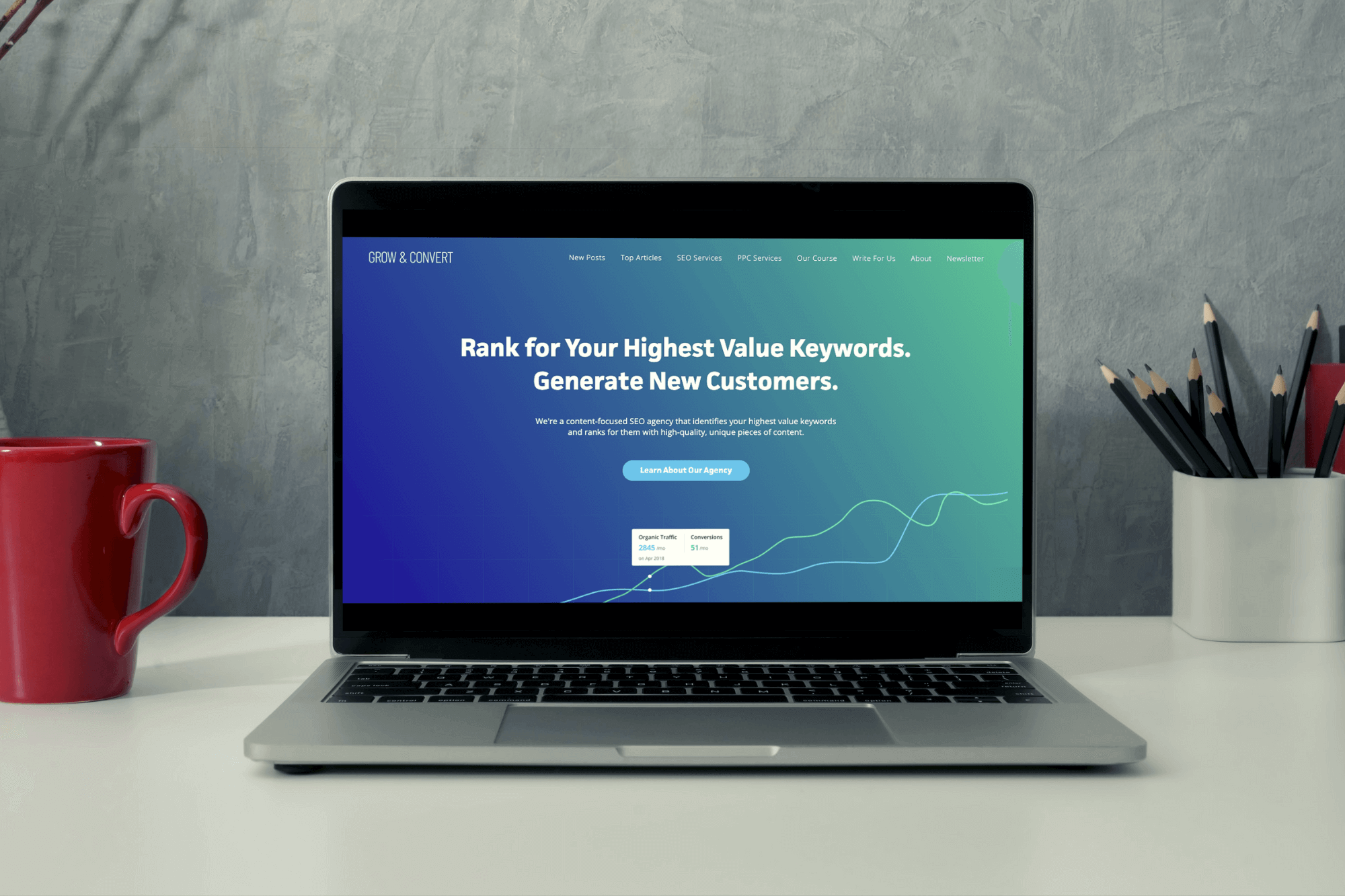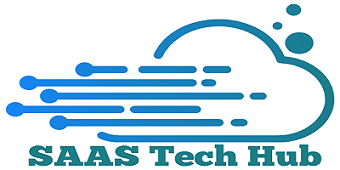Creating the best content for a marketing agency involves more than just good writing. It’s about crafting messages that connect and engage.
Marketing agencies thrive on content. This is what drives client success and business growth. But what makes content truly effective for these agencies? It’s a blend of strategy, creativity, and audience understanding. The right content can showcase expertise, attract clients, and boost brand visibility.
In this blog, we’ll explore what types of content work best for marketing agencies. We’ll look at how this content can help you stand out in a crowded market. Ready to enhance your content game? Let’s dive in!
Importance Of Quality Content
Content is the backbone of any successful marketing strategy. High-quality content not only attracts potential customers but also keeps them engaged, builds trust, and converts leads. Creating quality content is essential for marketing agencies to effectively communicate their message and showcase their expertise.
Engaging Audiences
Quality content captures attention. It speaks directly to the audience’s needs and interests. Engaging content uses storytelling, clear language, and relevant examples. This helps to maintain the reader’s interest and encourages them to take action.
- Storytelling: Share real-life stories and experiences.
- Clear language: Avoid jargon and use simple words.
- Relevant examples: Provide examples that resonate with the audience.
Building Trust
Trust is crucial in any customer relationship. High-quality content builds trust by providing valuable and accurate information. It positions your agency as an expert in the field.
Consider the following elements to build trust:
- Accuracy: Ensure all information is correct and up-to-date.
- Value: Offer actionable tips and insights.
- Consistency: Regularly update content to reflect the latest trends.
By focusing on these aspects, marketing agencies can create content that not only attracts but also retains clients. This leads to stronger customer relationships and better business outcomes.
Identifying Target Audience
Identifying your target audience is crucial for a marketing agency. Understanding who your audience is helps tailor your content to meet their needs. This process involves analyzing various factors to ensure your message reaches the right people. Let’s delve into the key components of identifying your target audience.
Demographic Analysis
Demographic analysis involves studying the basic characteristics of your audience. This includes age, gender, income, education, and occupation. These factors provide a clear picture of your target market. For instance, knowing the age group helps craft content that resonates with them. Similarly, understanding income levels can guide your product pricing strategy.
Education and occupation also play a role. They influence the type of language and complexity of the content. An audience with higher education may prefer detailed and technical content. On the other hand, younger audiences might enjoy trendy and visually appealing content.
Behavioral Insights
Behavioral insights focus on understanding how your audience interacts with your content. This includes their online activities, purchase behavior, and content preferences. Tracking these behaviors helps in creating more engaging content. For example, if your audience frequently shares blog posts, consider producing more shareable content.
Purchase behavior is another critical aspect. It reveals what products or services your audience is interested in. This information helps in tailoring your marketing campaigns. Additionally, understanding content preferences helps in deciding the type of content to produce. Videos, blogs, or infographics – each audience has a different preference.
Content Marketing Goals
Every marketing agency must establish clear content marketing goals. These goals guide the creation and distribution of content. They help measure the success and impact of marketing efforts. Two main goals often pursued are Brand Awareness and Lead Generation.
Brand Awareness
Brand awareness is about making people recognize and remember your brand. Effective content marketing can increase your brand’s visibility. This means more people know about your products or services.
There are several ways to boost brand awareness:
- Blog Posts: Regular, informative blog posts can attract readers.
- Social Media: Engaging posts on social platforms can reach a wider audience.
- Videos: Short, interesting videos can capture attention quickly.
Creating consistent and high-quality content keeps your brand top of mind.
Lead Generation
Lead generation focuses on attracting potential customers. Quality content can draw these leads in. It encourages them to take action, such as signing up for a newsletter.
Some effective strategies for lead generation include:
- eBooks and Whitepapers: Offer valuable information in exchange for contact details.
- Webinars: Host live sessions on topics of interest to your audience.
- Landing Pages: Create pages with compelling calls-to-action to convert visitors.
By providing valuable content, you can build trust with potential customers. This trust can lead to higher conversion rates.

Credit: www.demandjump.com
Types Of Effective Content
Creating effective content is crucial for any marketing agency. The right content can engage audiences, build brand loyalty, and drive conversions. In this section, we’ll explore various types of effective content that can help your marketing agency thrive.
Blog Posts
Blog posts are a cornerstone of content marketing. They offer valuable information and insights to your audience. Well-written blog posts can improve your website’s SEO and help establish your brand as an authority in your industry. Here are some key points to consider:
- Consistency: Regular updates keep your audience engaged.
- Quality: High-quality content builds trust with your readers.
- SEO: Use keywords to improve search engine rankings.
Blog posts can cover various topics such as industry news, how-to guides, and case studies. Aim for a mix of content to keep your blog fresh and interesting.
Video Content
Video content is incredibly engaging and can convey messages quickly. It caters to visual and auditory learners, making it a versatile content type. Key benefits of video content include:
- Engagement: Videos capture and hold attention better than text.
- Shareability: Videos are more likely to be shared on social media.
- Versatility: Use videos for tutorials, testimonials, and product demos.
When creating video content, ensure it is high-quality and relevant to your audience. Short, concise videos often perform better, so aim for clarity and brevity.
Seo Strategies
Effective SEO strategies are crucial for a marketing agency to thrive. These strategies help in increasing visibility, driving organic traffic, and improving search engine rankings. Below are some of the essential components of a successful SEO strategy.
Keyword Research
Keyword research is the foundation of any SEO strategy. It involves identifying the words and phrases that potential customers use to search for products or services. Here are the steps to conduct effective keyword research:
- Use tools like Google Keyword Planner, SEMrush, or Ahrefs.
- Identify keywords with high search volume and low competition.
- Analyze competitors to find valuable keywords they are targeting.
- Consider long-tail keywords for more specific queries.
On-page Optimization
On-page optimization focuses on improving elements within your website. This ensures search engines understand your content and rank it higher. Key aspects include:
| Element | Description |
|---|---|
| Title Tags | Ensure your title tags are clear and include primary keywords. |
| Meta Descriptions | Write compelling meta descriptions with relevant keywords. |
| Header Tags | Use header tags (H1, H2, H3) to structure your content. |
| Alt Text | Include descriptive alt text for images to improve SEO. |
| Internal Links | Link to other relevant pages within your website. |
By focusing on these SEO strategies, your marketing agency can attract more visitors and achieve better search engine rankings.
Social Media Integration
Integrating social media into your marketing strategy is essential. Social platforms help you reach a larger audience. They also allow you to engage directly with your customers. This section covers the key aspects of effective social media integration.
Platform Selection
Selecting the right platform is crucial. Each platform offers different benefits. Understand your target audience’s preferences. Are they more active on Facebook, Instagram, or Twitter?
Consider these factors:
- Demographics: Know the age, gender, and interests of your audience.
- Content Type: Choose platforms that support your content. For instance, Instagram is great for visuals.
- Engagement: Some platforms offer better engagement. Facebook has groups and events.
Make a table to compare platforms:
| Platform | Audience | Best For | Engagement Features |
|---|---|---|---|
| All ages | Community Building | Groups, Events | |
| 18-34 | Visual Content | Stories, IGTV | |
| 25-34 | News, Updates | Threads, Trends |
Content Scheduling
Consistency is key. Schedule your content to maintain a regular presence. Use tools like Hootsuite or Buffer.
Follow these steps:
- Plan Ahead: Create a content calendar. Outline your posts for the month.
- Use Tools: Automate posting with scheduling tools. This saves time and ensures consistency.
- Monitor Engagement: Track how your audience interacts. Adjust your schedule based on insights.
Here is an example of a content calendar:
| Day | Content Type | Platform |
|---|---|---|
| Monday | Blog Post | |
| Wednesday | Infographic | |
| Friday | Video |
By selecting the right platforms and scheduling your content, your marketing agency can effectively use social media. Consistent and strategic posting will enhance your reach and engagement.
Measuring Success
To thrive, a marketing agency must measure its success. Knowing what works and what doesn’t is crucial. This helps in refining strategies and achieving better results. The key is to use the right tools and metrics.
Analytics Tools
Analytics tools are essential for tracking performance. These tools provide data on user behavior, engagement, and conversion rates. Popular tools include Google Analytics, SEMrush, and HubSpot.
| Tool | Features |
|---|---|
| Google Analytics | Tracks website traffic, user behavior, and conversion goals |
| SEMrush | Offers SEO insights, keyword tracking, and competitive analysis |
| HubSpot | Provides CRM, email tracking, and marketing automation |
Using these tools, you can gather valuable insights. These insights help in understanding what content resonates with your audience.
Key Performance Indicators
Key Performance Indicators (KPIs) are metrics used to measure success. They show how well your strategies are performing. Common KPIs include website traffic, conversion rates, and social media engagement.
- Website Traffic: Measures the number of visitors to your site.
- Conversion Rates: Indicates the percentage of visitors who complete a desired action.
- Social Media Engagement: Tracks likes, shares, and comments on social platforms.
Monitoring these KPIs helps in identifying areas for improvement. It also aids in making data-driven decisions to boost performance.

Credit: www.siegemedia.com
Content Distribution Channels
Content distribution channels play a vital role in marketing. They help spread your message. Choosing the right channels ensures your content reaches the right audience. Let’s explore some effective channels for a marketing agency.
Email Marketing
Email marketing remains a powerful tool. It helps you directly reach your audience. Personalized emails can boost engagement. They make your content feel relevant. Offer value in every email. Share tips, updates, or exclusive offers. Ensure your subject lines grab attention. They should be short and intriguing. Test different formats to see what works best. Track open and click rates. Adjust your strategy based on results. Keep your email list clean. Remove inactive subscribers. This improves your email deliverability.
Influencer Partnerships
Influencer partnerships can expand your reach. Influencers have loyal followers. Their recommendations carry weight. Choose influencers who align with your brand. Look for those who share your values. Their audience should match your target audience. Collaborate on content that feels natural. Avoid being too promotional. Authenticity resonates with followers. Track the performance of these partnerships. Use metrics like engagement and conversions. This helps you understand their impact. Foster long-term relationships with influencers. They can become brand advocates.

Credit: www.growandconvert.com
Frequently Asked Questions
What Is Content Marketing For Agencies?
Content marketing for agencies involves creating valuable content to attract and engage clients. This content can include blog posts, videos, and social media updates.
How Can A Marketing Agency Create Effective Content?
A marketing agency can create effective content by understanding their audience, providing valuable information, and using engaging visuals. Consistency is key.
Why Is Content Important For Marketing Agencies?
Content is important for marketing agencies because it helps build brand authority, attracts potential clients, and improves SEO rankings. Quality content can drive business growth.
What Types Of Content Should Agencies Produce?
Agencies should produce blog posts, videos, infographics, case studies, and social media content. Each type can engage different segments of their audience.
Conclusion
Creating the best content for a marketing agency requires planning and creativity. Focus on your audience’s needs. Use clear and engaging language. Consistency builds trust and credibility. Always monitor results to refine your strategy. Quality content drives success. Keep your goals in mind.
Stay updated on trends. Your efforts will pay off with better engagement. Building a strong content plan takes time but is worth it. Good luck!

